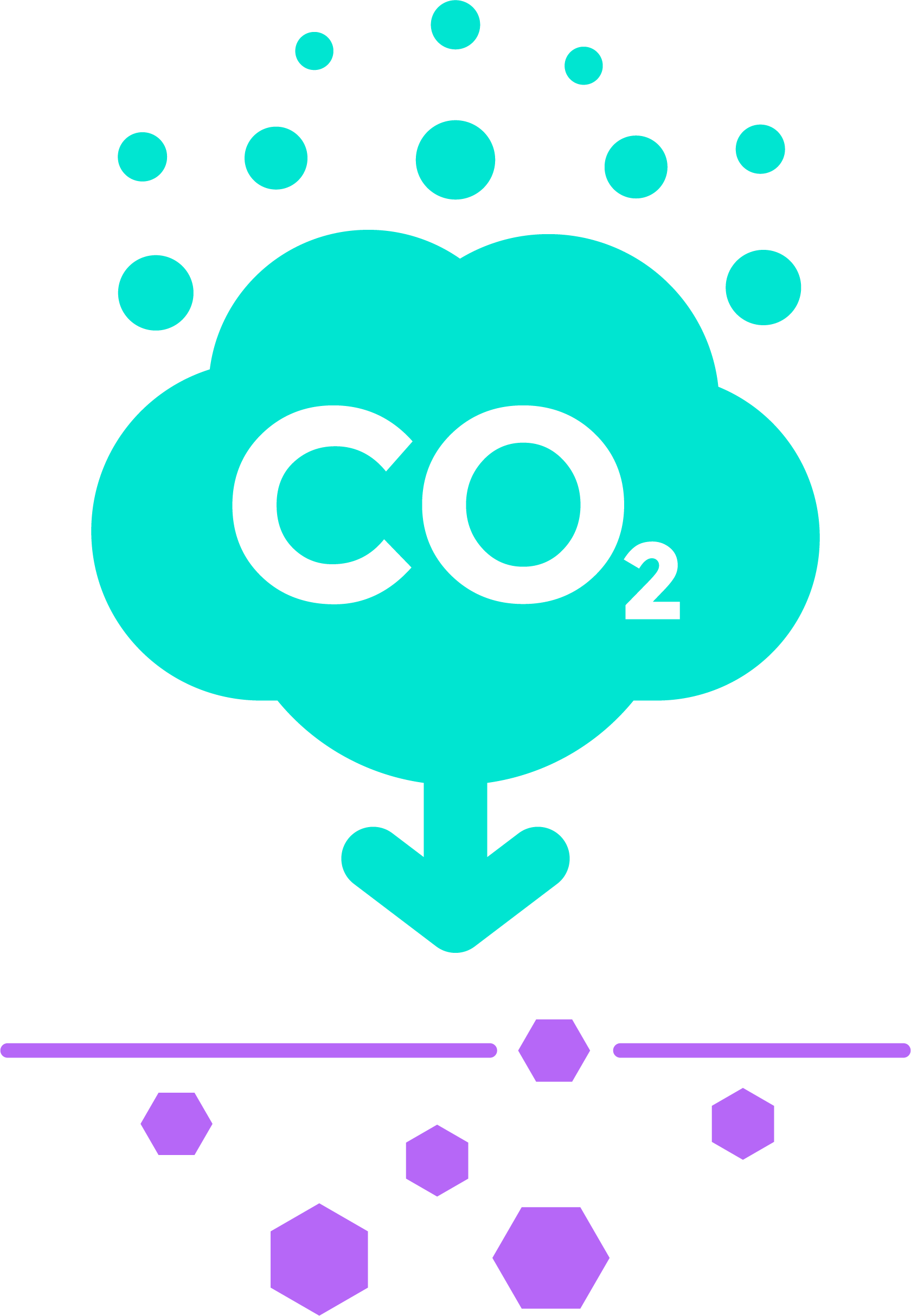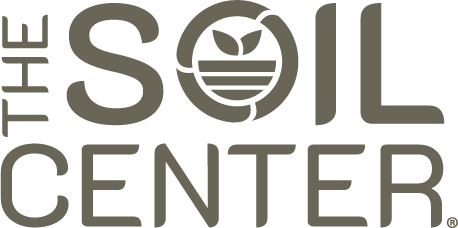Who We Are
Planet Positive™ highlights carbon negative apples, pears, and cherries grown by CMI Orchards in the Pacific Northwest.
Owned by four multi-generation grower families—McDougall & Sons, Double Diamond Fruit, Columbia Fruit Packers, and Yakima Fruit Packers—CMI Orchards represents growers with strong legacies who have helped shape Washington’s tree fruit industry.
Double Diamond also owns Royal Family Farming, CMI’s partner in a new world class center for soil health: The Soil Center.
Why Carbon Negative Food?
Carbon dioxide in the atmosphere traps heat and drives climate change. In the soil, carbon plays a very different role—it’s a vital ally for the land. When stored in soil, carbon enhances fertility, improves water retention, and supports the growth of strong, resilient plants. Our carbon-negative fruit removes more carbon dioxide from the atmosphere than it emits to grow.
Through composting, biochar creation, and regenerative farming, we’re turning waste into life. By transforming crop residues, livestock waste, and fruit tree trimmings into rich soil ingredients, we’re restoring soil health and locking away carbon for generations to come. Thriving soil. Cleaner air. Healthier fruit.
When you see the Planet Positive™ seal, it means the product is regenerating our planet, not just reducing our footprint.
That’s what we mean when we say: Planet Positive. Carbon Negative.
How it Works
Orchard and facility byproducts, such as fruit culls and orchard wood feed worm systems and biochar reactors.
Livestock provide manure for compost and worms. Diets balanced with healthy food and nutritional supplements work to reduce methane emissions.
Worms, compost rows, and biochar reactors upcycle waste into high-value products growers can use on their farms.
Growers use soil products in orchards and crop fields to restore soil health, store more carbon in the ground, and strengthen trees and plants producing resilient, healthier food.
Crop and orchard waste is fed to livestock and bees pollinate trees during bloom, boosting biodiversity and producing honey and meat in addition to apples, pears, cherries, and row crops.
Each cycle creates food, soil inputs, and renewable products while cutting waste and storing carbon in the soil—where it does the most good.
Looking forward
Through the CMI SOARS program, CMI Orchards has established ambitious goals aimed at creating a healthier future for both people and the planet. One key initiative is the launch of a retail brand that showcases our carbon-negative fruit. That’s what Planet Positive™ is all about.
Beyond this, our goals center on reducing emissions, sequestering carbon through regenerative agricultural practices, enhancing soil health, and supporting our local communities through education and the sharing of resources.
These initiatives reflect our deep commitment to sustainability and regenerative agriculture in action. To learn more about how CMI Orchards is growing more responsibly, visit the CMI SOARS website.












